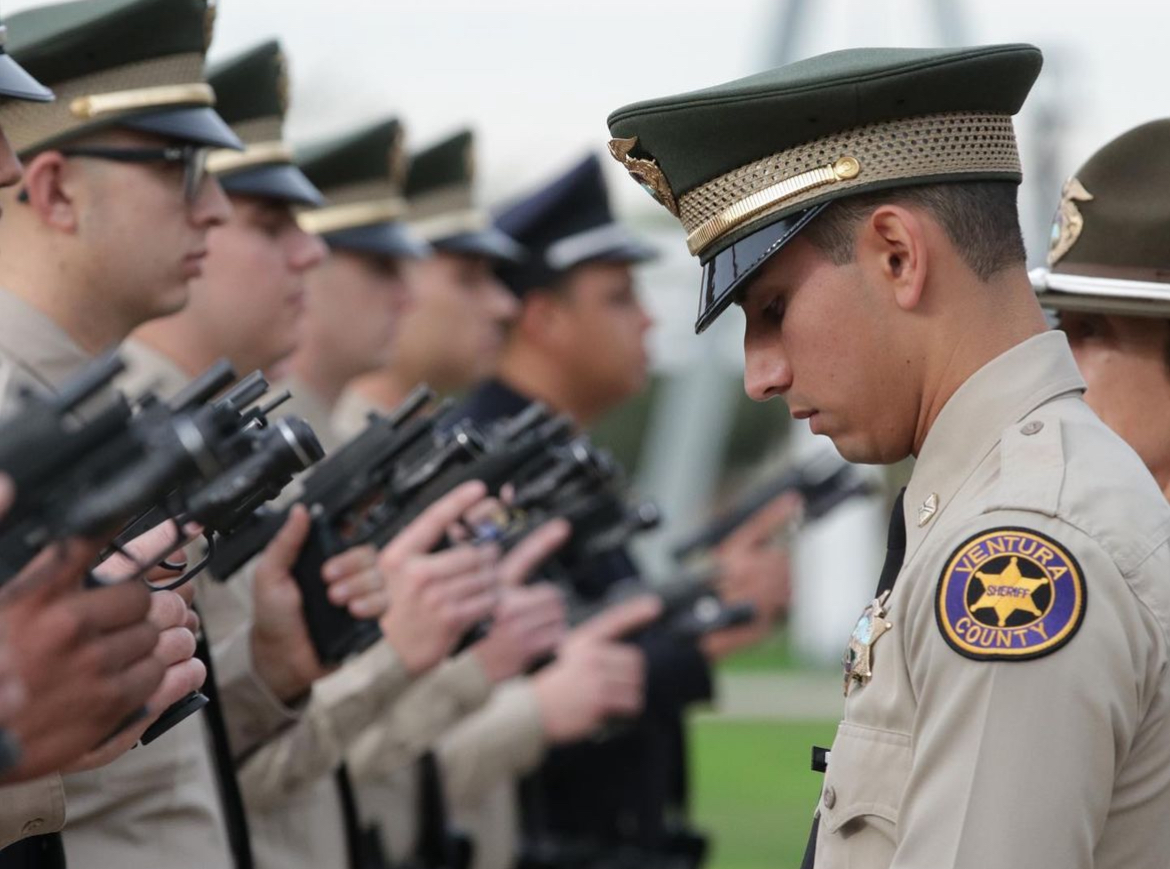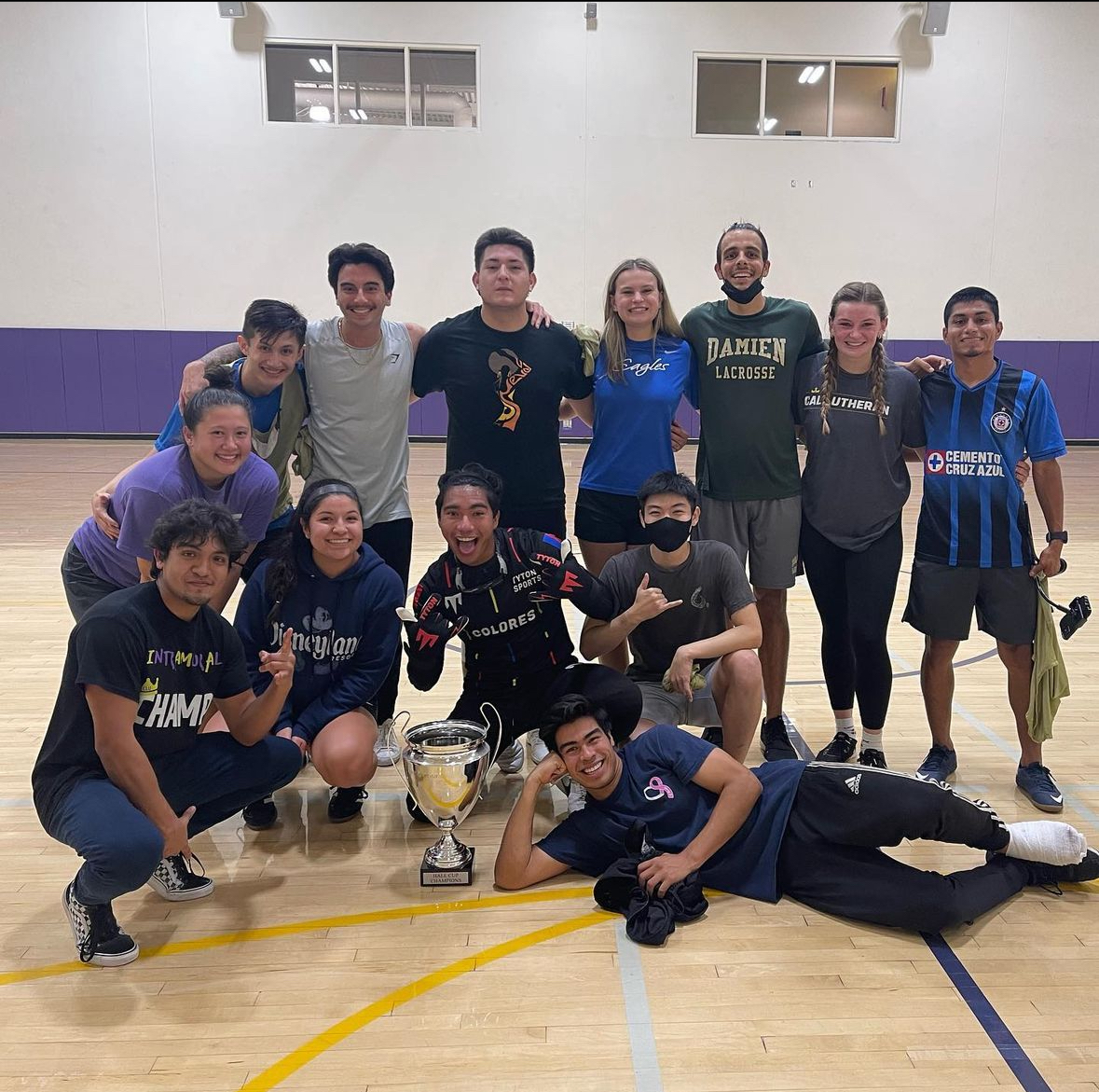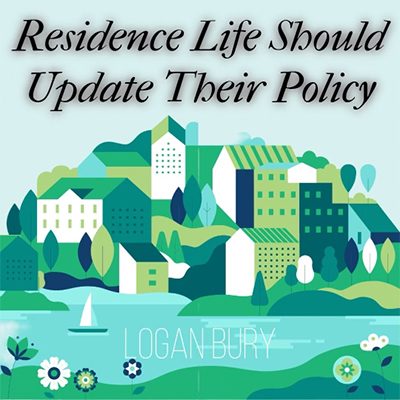American anarchist Emma Goldman said, “People have only as much liberty as they have the intelligence to want and the courage to take.”
Due to the continuing development of today’s society, the Center for Equality and Justice at California Lutheran University wishes to question the state of contemporary anarchist practices and the influence it has on the church.
To address this debate, the CEJ will be hosting “Radical Christianity” on Nov. 6 at the Lundring Events Center from 7-9 p.m.
The event will feature Ched Myers, an activist theologian, as a keynote speaker at the event.
“Radical Christianity” came from an idea posed by Victor Thasiah, who has a doctorate degree in theology and resides as a professor of religion at CLU. His aim is to connect contemporary anarchism to Christianity and how it informs Christian practice.
Thasiah stressed the importance of communal life and how those in our modern society have managed to disconnect us from others within our community.
The event is to have an open discussion and explore how there can be alternative ways for committing to justice and equality. The goal is to take viewpoints from both an anarchistic stance, as well as a religious stance, and spur discussion on societal values.
“This event seems like a good way to really take a look at perspective,” said senior Keir Chapman. “To fully understand equality, I think we need to look at the picture as a whole to gauge our own beliefs and practices in our community.”
“One of the things anarchism is about is really doing for ourselves what unfortunately many of us have gotten into the habit of expecting the state to do,” Thasiah said.
When social issues emerge, Thasiah said it becomes easy to assume that government or state officials will tackle the issues at hand.
As an example, Thasiah brought up a disaster scenario where people learn to live in unity again.
“We are familiar with the raping and looting stories where people go berserk. It’s chaos and its every person for themselves,” Thasiah said. “But [disasters] connect people to an experience of living in community.”
Rather than waiting for government aid or help from a source that the present day community strives and relies on, the locals of the disaster band together to help each other. This example seeks to shatter that image of dependency.
So why is it that important to understand how anarchism informs Christian life?
Arguably, religious missions help those who are in need of aid, but not without some repercussions toward that community.
Anarchy has been largely attributed to the punk culture. But really, “all these anarchist and radical groups are saying another world is possible,” Thasiah said.
“I think that the conversations will really spark some discussion between the two groups,” said junior Will Cowles-Meyer. “To me, religious practice or aid has secondary motives. But when people help for the sake of helping others, it really shows the extent of our own humanity.”
“I believe that this event can influence people to think differently about the community we live in,” Cowles-Meyer said.
Jordan Oram
Staff Writer
Published Nov. 6, 2013








